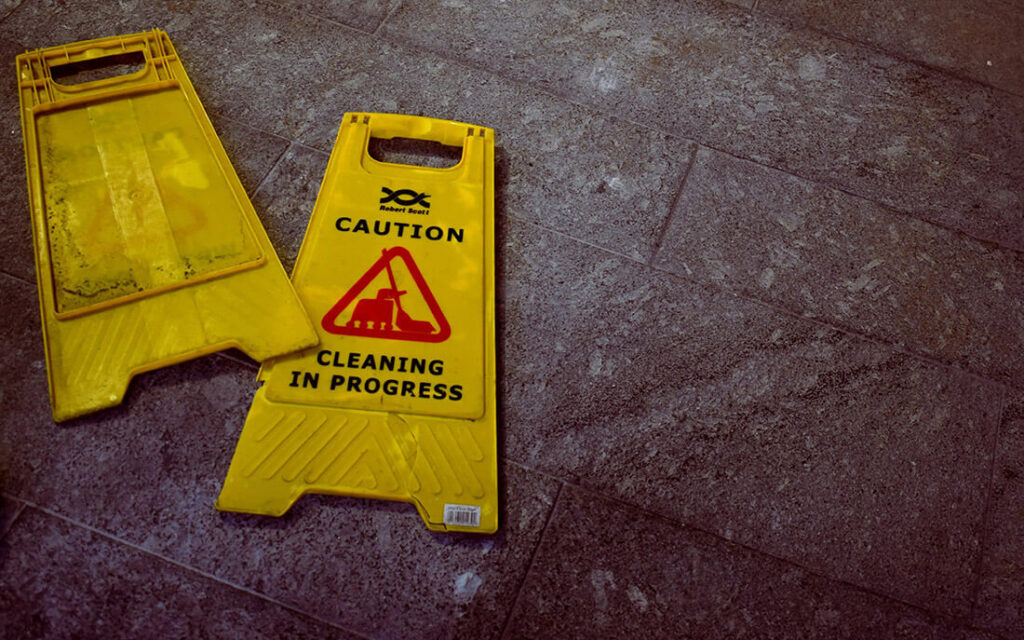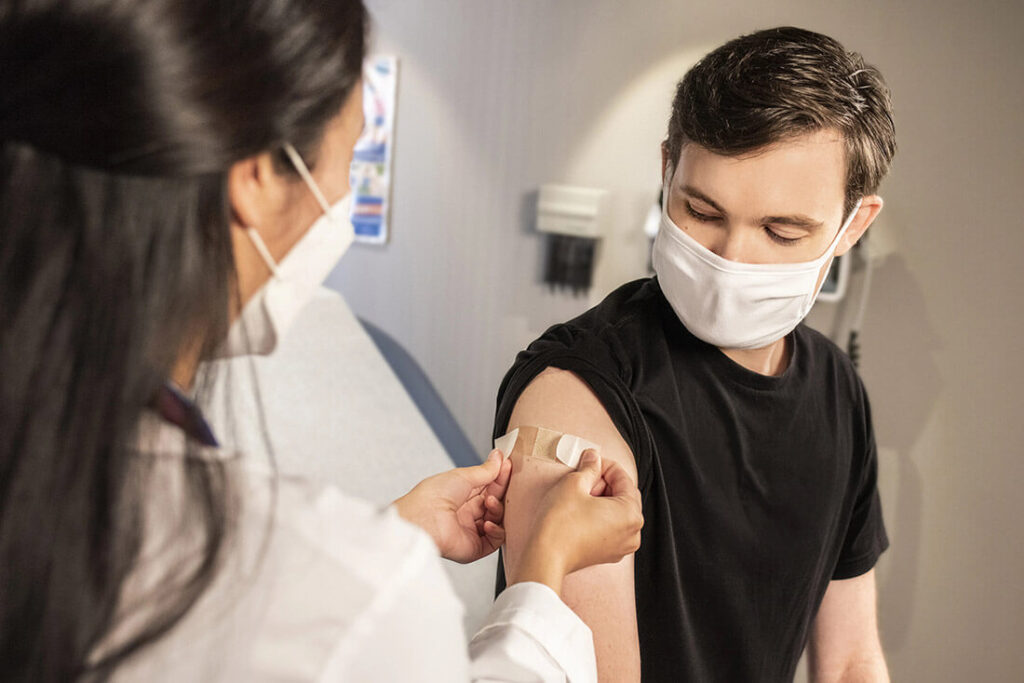New York Gov. Hochul has signed some of the strictest wage and hour legislation in the country, which will make contractors in the construction industry jointly and severally liable for wages owed to employees of its subcontractors.
On September 6, 2021, New York Governor Kathy Hochul signed into law a bill that will make contractors in the construction industry jointly and severally liable for wages owed to employees of its subcontractors. The groundbreaking new law—which adds new section 198-e to the Labor Law (“§198-e”)—continues the expansion of worker rights under New York’s statutory scheme. Here are the key provisions of the new law:
Scope of Liability. Any contractor entering into a construction contract will assume liability for any wages or debt owed to a worker “incurred by a subcontractor at any tier acting under, by, or for the contractor or its subcontractors for the [worker’s] performance of labor.” Where an action is filed against a subcontractor, the upstream contractor will be “considered jointly and severally liable for any unpaid wages, benefits, wage supplements, and any other remedies” provided under the law. Upstream contractors may be liable not only for the unpaid wages, but also for the claimant’s attorney fees, interest, and liquidated damages under Labor Law Section 198.
Joint Liability Cannot Be Waived…Except by a Union. A contractor’s joint liability for subcontractor wages cannot be waived by agreement or release, except through a collective bargaining agreement. As stated in Labor Law §198-e(10), “[t]he provisions of [§198-e] may be waived by a collective bargaining agreement with a bona fide building and construction trade labor organization which has established itself, and/or its affiliates, as the collective bargaining representative for persons performing work on a project, provided that for such waiver to be valid, it shall explicitly reference [§198-e].”
Who Can Bring a Claim. Claims under §198-e may be brought by a worker or by a third party on the worker’s behalf, including the New York State Attorney General.
Indemnity/Contribution Right. The law makes clear (in Labor Law §198-e(2)) that a contractor can bring legal action against a subcontractor for amounts that the contractor pays to the subcontractor’s employees under §198-e. The law also makes clear (in Labor Law §198-e(7)) that it “shall not be deemed to prohibit a contractor … from establishing by contract or enforcing any other lawful remedies against a subcontractor it hires for liability created by violation of [§198-e], provided that such contract or arrangement does not diminish the right of employees to bring an action under [§198-e].” So while the subcontractor’s employees can sue the upstream contractor directly (in addition to, or instead of, the subcontractor), and while the upstream contractor can be held 100% liable, the upstream contractor can, in turn, sue the subcontractor for anything it is required to pay.
Statute of Limitations. Contractor liability under §198-e is limited to claims that occurred within the 3 years preceding the initiation of the claim. This is shorter than the 6-year statute of limitations that apply to wage claims against “direct” employers.
Information Requests. The new law also adds new section 756-f to the General Business Law (“§ 756-f”), providing that upon request from the upstream contractor, a subcontractor must provide the following information: (1) certified payroll records; (2) the names of all workers on a given project; (3) the name of the contractor’s subcontractor, where applicable; (4) the anticipated contract start date; (5) the scheduled duration of work; (6) local unions for which the subcontractor is a signatory contractor, where applicable; and (7) the name, address, and phone number of a contact for the subcontractor. Per § 756-f(1), “[s]uch payroll records shall contain sufficient information to apprise the contractor … of such subcontractor’s payment status in paying wages and making any applicable fringe or other benefit payments or contributions to a third party on its employee’s behalf.” Under § 756-f(3), an upstream contractor is entitled to withhold payments owed to a subcontractor that fails to provide this information on a timely basis.
Employer Takeaways
As a result of this legislation, contractors should avoid subcontracting with any entity that cannot meet its wage obligations. Separately, to protect themselves, contractors should ensure that their contracts with subcontractors address the following:
- Agreement by the subcontractor to pay all wages, benefits, and wage supplements to their project employees on a timely basis.
- Agreement by the subcontractor to comply with other applicable federal, state, and local wage and hour laws, including those governing frequency and timeliness of pay, wage deductions, the regular rate of pay, wage notices and statements, meal periods, etc.
- Agreement by the subcontractor to comply with any benefits laws (including paid sick leave laws) with respect to project employees.
- Agreement by the subcontractor to certify to the upstream contractor on a periodic basis that it is in compliance with such laws and obligations.
- Agreement by the subcontractor to provide the information listed in § 756-f to the upstream contractor on a regular schedule.
- The upstream contractor’s right to audit the subcontractor’s compliance with all of the foregoing on an as-requested basis.
- Agreement by the subcontractor to indemnify the upstream contractor from “dollar zero” for expenses incurred and amounts paid by the upstream contractor (including attorneys’ fees) in connection with any claims asserted against the upstream contractor under §198-e or otherwise under the Labor Law with respect to the subcontractor’s employees.
Most concerning about the new law is its stark avoidance of any fact-based inquiry into whether the upstream contractor would be considered a joint employer or co-employer of a subcontractor’s employees—a legal issue that ordinarily would control the scope of the upstream contractor’s liability for wages and other employment-related claims. By imposing strict liability on upstream contractors, §198-e effectively shifts wage responsibility to a party (i.e., the upstream contractor) with no direct relationship with—and potentially no control over—the workers at issue.









